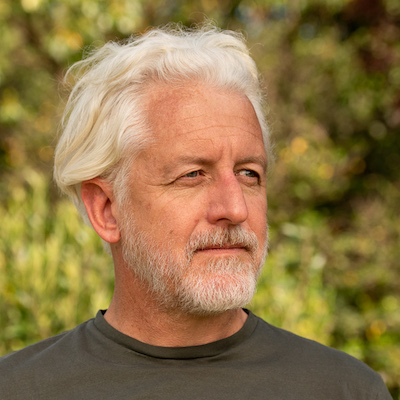In this video interview, Dr. Erlijn van Genuchten discusses her book A Guide to a Healthier Planet. The book introduces lesser-known climate science, practical solutions for individuals, and the psychology behind inspiring environmental change. It covers various topics, from reducing light pollution to biodiversity protection and sustainable agriculture, offering a hopeful perspective on building a healthier world.
Key Moments
[00:01] Introduction to Dr. van Genuchten and her book
[03:15] Innovative ideas in climate science
[08:30] Light pollution’s impact and solutions
[15:00] Biodiversity and agriculture insights
[22:00] Motivation for positive environmental change
Watch the full interview. For more details and practical tips on creating a healthier planet, be sure to check out Dr. Erlijn van Genuchten's A Guide to a Healthier Planet.
Book Available on Amazon


